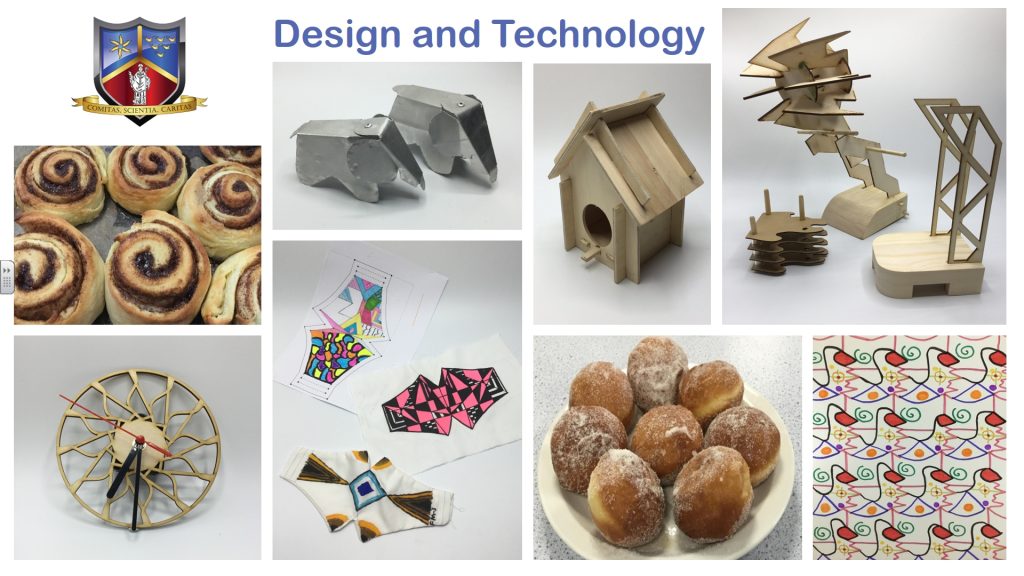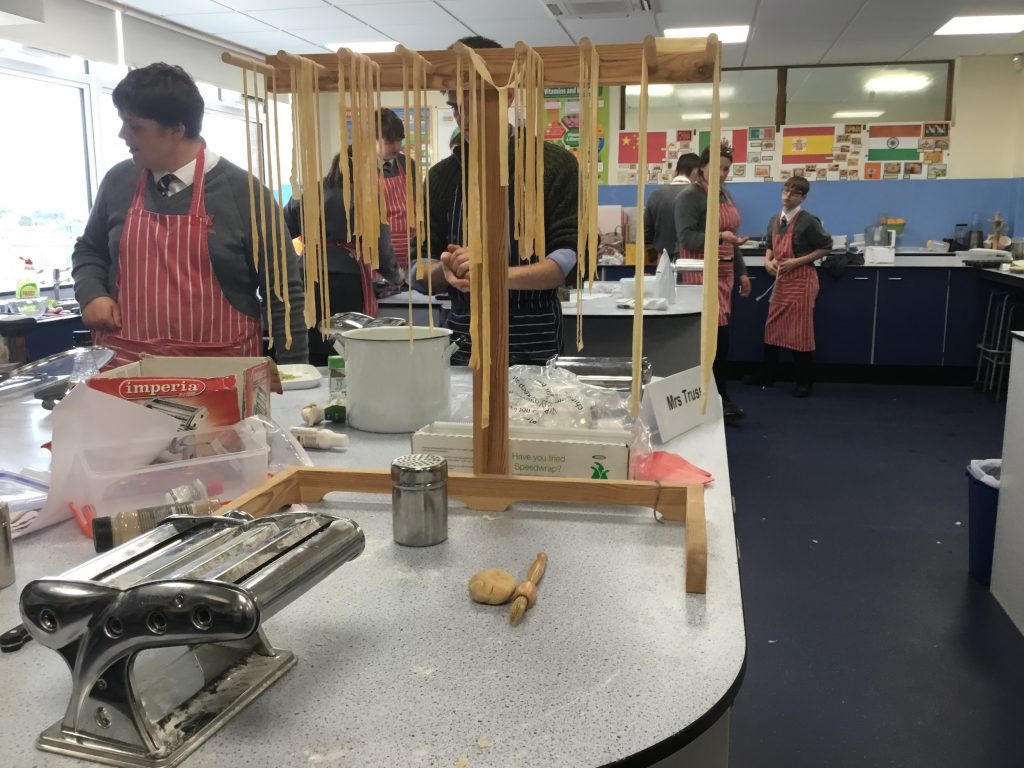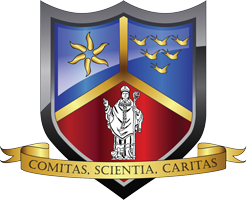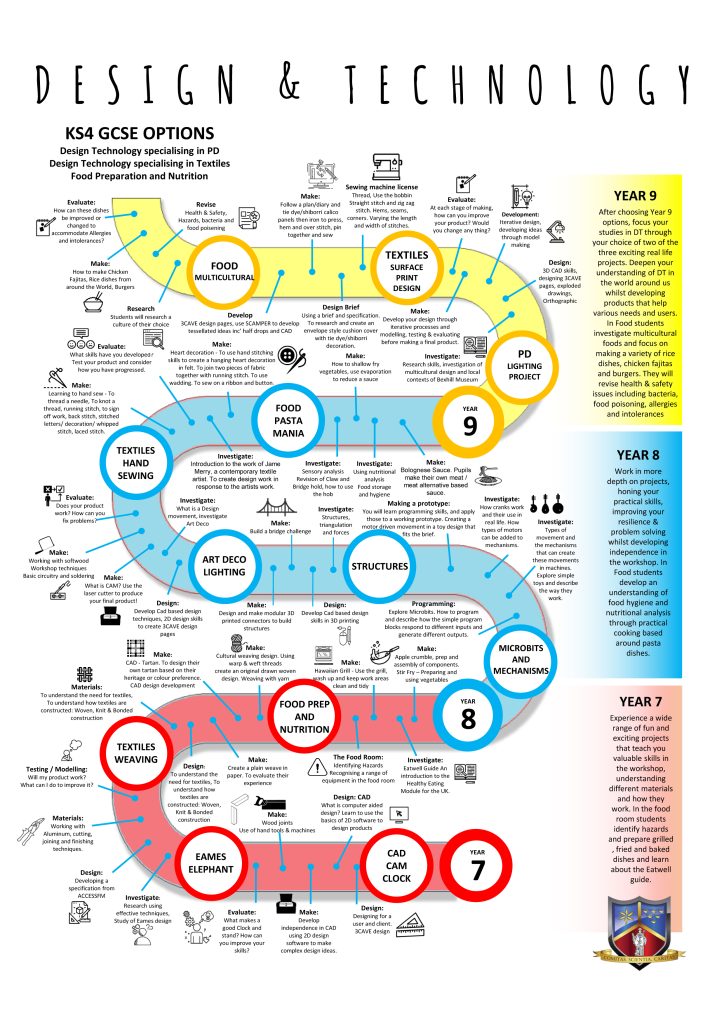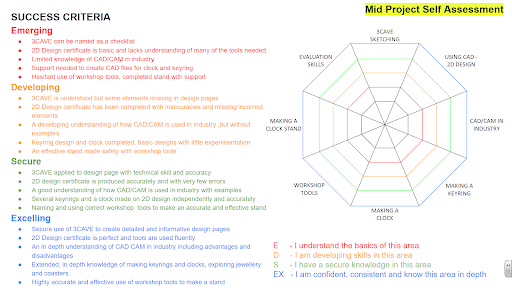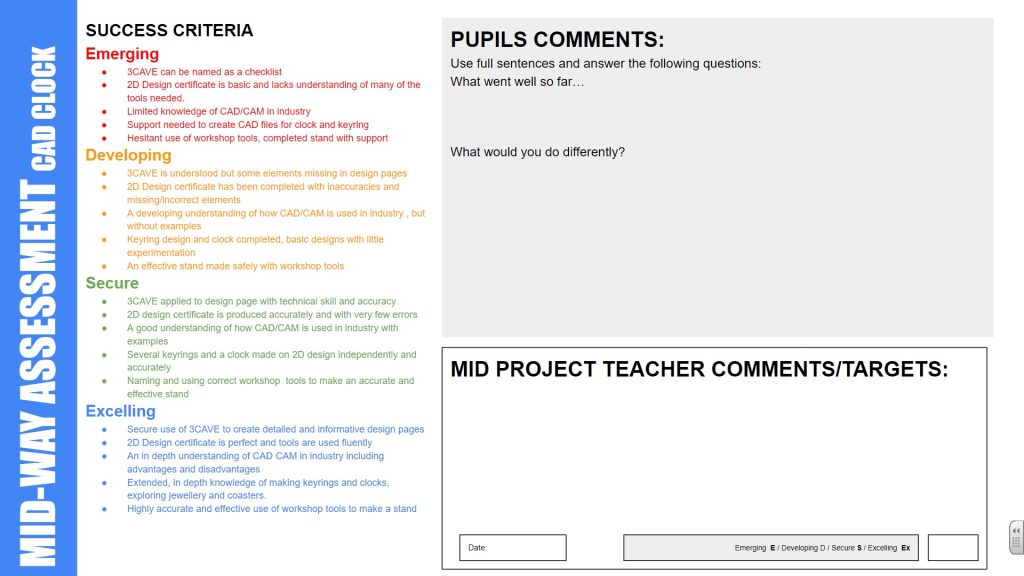Design & Technology
Meet the Department
- Mr Pavey – Subject Leader of Design & Technology
- Mrs Miller – Teacher of Design & Technology – Specialism: Textiles
- Mrs Truss – Teacher of Food and Nutrition
- Mrs Stanford – Teacher of Design Technology
- Mrs Forster-Simmons – Electronics and Mechanism Specialist
- Mr Steadman – Technician
- Mr Truss – Technician
Rationale
Our intention is that every pupil finds themselves caught up in a purposeful, imaginative, engaging and rewarding learning journey. The skills, knowledge and experiences that are delivered are sequenced thoughtfully, allowing all pupils to make excellent progress and inspiring them to consider the subject and its impact on the world around them. We ensure all staff teaching Design and Technology are capable of confidently teaching to the very highest grade and ensure they are equipped with the skills and facilities so that all our pupils make exceptional progress.
Outcomes in the department are consistently outstanding across the whole department and among the best in the county. Enrichment and opportunities outside the lesson time are at the heart of the school, creating a buzz around the workshops. Pupils are able to engage in a wide range of enterprises, competitions and learning opportunities, making links with the local community and beyond.
Design & Technology at St Richard’s Catholic College, is a subject to i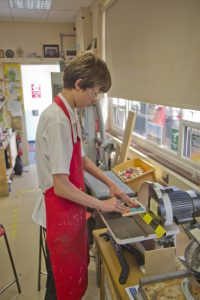 nspire creative thinking, decision-making, problem solving with a respect to the world that we live in.
nspire creative thinking, decision-making, problem solving with a respect to the world that we live in.
“Have nothing in your house that you do not know to be useful, or believe to be beautiful”
William Morris
“Creativity takes Courage” we encourage creativity, originality and flair through the design and make projects
Henry Matisse
Watching pupils get to grips with the Design process, the spontaneity of initial ideas and the precision of technical drawings all have their place and is a pleasure to witness. Pupils receive an excellent grounding in a range of subject areas; Resistant Materials, Textiles, Food Technology/Science and Graphic Products. Pupils are encouraged to explore, challenge and evaluate their own and others’ ideas in a respectful and mature way. The key for a truly successful product lies in the pupil/designer’s ability to combine a beautiful design with its functionality. It is important for all pupils to realise that everything that surrounds them has been designed and manufactured.
As a subject that promotes creative thinking and the ability to develop and evaluate new designs and improve on existing ones, Design & Technology is a subject that prepares pupils for a number of careers as outlined below.
The subject is founded upon a professional process that utilises the practical application of Maths, Science and Art/Design to create new innovative solutions to real world problems with social, moral & ethical design as a key strand to the pupils’ learning.
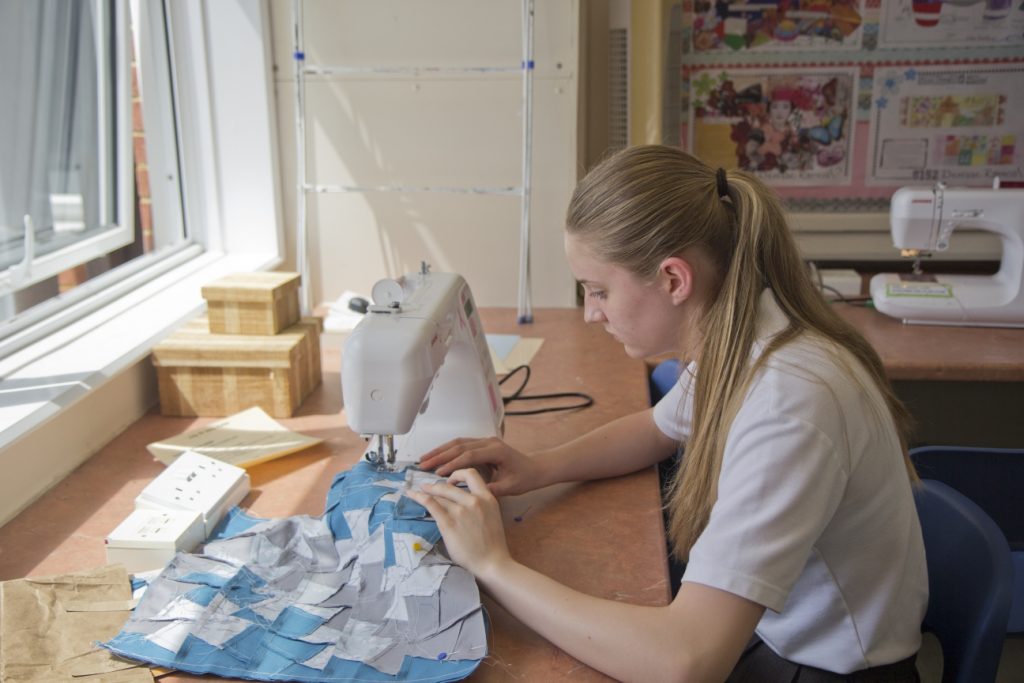
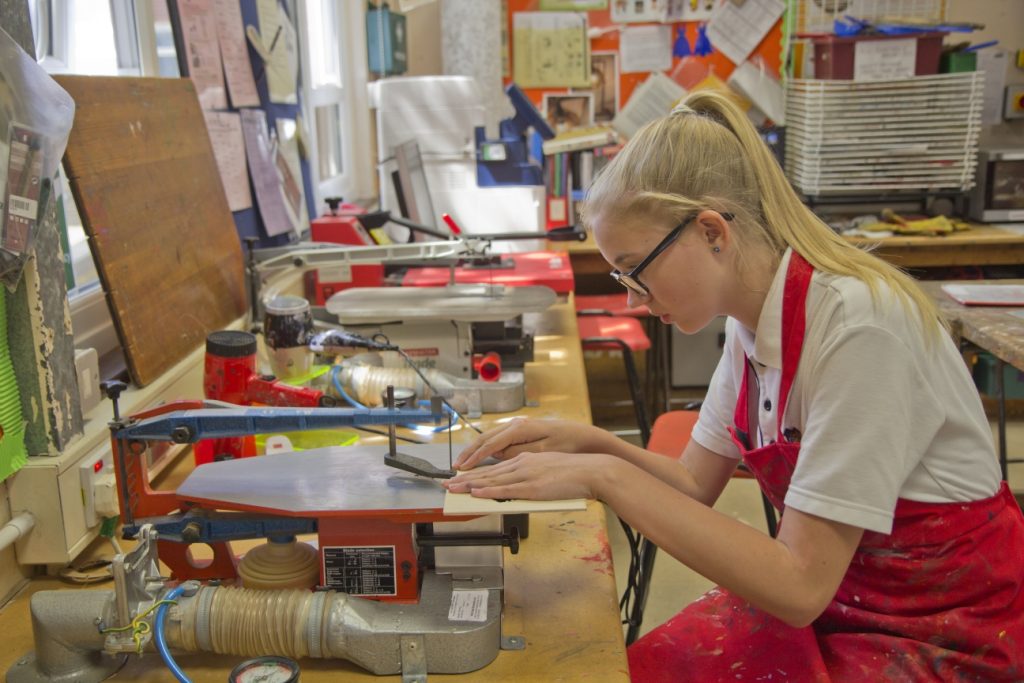
Progression
A qualification in Design & Technology can be combined with other GCSEs for entry to further education courses; as a precursor to studying the areas at A-level, HNC, HND, Foundation Degree or Undergraduate Degree level, or as a necessary entry to vocational and pre-vocational courses in a technology-based subject.
Possible careers:
- Food & Nutrition: dietitian, chef, catering industry, food industry, materials technologist, personal trainer, blogger, product development, sensory science, teaching, food microbiologist and food nutritionist.
- Graphics: architect, graphic designer, games designer, desktop publishing (magazines & newspapers), display designer, illustrator, medical graphic artist, model maker, shoe designer, surveyor, archaeologist and toymaker.
- Resistant Materials: civil/mechanical engineer, product designer, architect, project manager, 3D model maker, computer aided designer, car designer, exhibition designer, inventor, interior designer, entrepreneur and furniture designer.
- Textiles: design work, window dresser, fashion designer, textile designer, interior designer, clothing technologist, retail buyer and teacher.
Exam Success
Design & Technology Department. Last year (2022-2023), 84% of pupils gained 4-9 grades.
In Food & Nutrition GCSE 100% gained 4-9 grades.
The national average for grades 4-9 in Design and Technology and Food & Nutrition is 66% and 67% respectively.
Key Stage 3 Curriculum
- Pupils are taught in mixed ability groups in Years 7-9.
- In Years 7-8 pupils have two 50 minute lessons a week.
- In Year 9 pupils take two options in Design & Technology each running for half the academic year, i.e. Food & Textiles.
Course Outline
In Years 7 and 8, pupils study five modules, each taking approximately 7-8 weeks to cover. We offer Resistant Materials, Mechanisms, Food and Textiles. We see pupils grow in confidence when first encountering a fretsaw, pillar drill or laser cutter – some are cautious, others leap straight in with gusto, but all ultimately use the machines safely and competently to produce their designs. Each unit allows pupils to develop the cognitive and practical skills involved in problem solving and intelligent decision-making.
All pupils will experience the use of modern and smart materials, using CAD/CAM in a safe and creative environment.
Key Stage 4 Curriculum
In Years 10 & 11 we offer a GCSE in Design & Technology where pupils can work predominantly in Textiles or Resistant Materials and Food & Nutrition. Pupils have three 50 minute lessons a week.
- GCSE Design & Technology
- GCSE Food & Nutrition
In Year 10 the pupils will increase their depth of study into their materials area. They will have a finely balanced schedule of learning from practical skills using focused practical tasks (FPTs) and theory lessons.
The FPTs will concentrate on specific materials, including smart materials, and tool handling that the pupils may choose to utilise during their GCSE controlled assessment task (referred to as a NEA). These smaller scaled projects will enable a broad range of learning and more importantly to individualise any independent learning a pupil may request. This subject at GCSE is very much about inspiring creative thinking, problem solving and intelligent decision making which are all real skills for life!
Theory lessons will give pupils a full understanding of design history, and develop their awareness of design by looking at products already on the market, from past to present, and studying styles of design and influential designers. They will gain an in-depth knowledge of the full subject requirements in order to complete the exam paper successfully and to fulfil all stages of their design work with confidence.
Autonomous learning is expected in Year 11 and so it is vital that pupils take in as much information as they can in Year 10. They are gently guided through the sections of the course so they can explore all avenues of the design process in great detail. Theory lessons continue throughout Year 11 to support all pupils through their exciting journey of creative and inspirational design work. The theory lessons also focus on examination revision to ensure they perform well in the final terminal examination.
The AQA Design & Technology syllabus allows great freedom for the pupil’s personal choice of GCSE outcome and it naturally encourages flair, imagination, enthusiasm and creativity. Pupils will engage in a ‘design and make’ project that is linked to industrial practice that is client based. ICT is used to enhance the quality of pupils’ work, using computer-aided design and manufacture (CAD/CAM) and ICT-based sources for research. Pupils will consider how technology affects society and their own lives and learn that new technologies have both advantages and disadvantages. The syllabus calls for us to ensure that our pupils are encouraged to look at issues such as the economical, moral and social impact of their products and that as ethical designers they show an awareness of how their designs will impact on the world around them.
Coursework consists of a timed Assessment task, set by AQA at the end of Year 10 called an NEA. This will demonstrate a wide range of techniques, requiring pupils to create, develop and communicate solutions to their own individual project contexts and design briefs. Pupils will evidence material testing and manufacturing techniques shown through the development of high quality design skills and modelling techniques with a focus on real world design problems and clients.
Pupils will submit a concise design portfolio with appropriate ICT/photographic evidence, together with a 3D working prototype.
Extra weekly sessions are run for those pupils who need that little extra support.
- NEA contextual tasks are released on the 1st June each year
- Duration 35 hours to produce a maximum of 20 pages and 10 hours to make a prototype
- Weighting: 50% of the final GCSE
- Externally examined in June Year 11 – one tier only
- Duration: 2 hours
- Weighting: 50% of the final GCSE, which includes multiple choice questions and extended writing responses
There is a single tier entry in Design & Technology and pupils will be awarded a grade 1-9.
Assessment in Design & Technology
In KS3, all pupils are set a target score that is based on their KS2 average point score and other relevant data. At KS4, pupils are set an aspirational target grade based on the Fischer Family Trust and our own internal assessment data. Pupils are expected to achieve this grade and will be supported to do so.
Work is marked using the whole school assessment policy and at KS3. We ensure that personalised teacher feedback occurs, as a minimum, once a term in Key Stage 3 and twice a term in Key Stage 4.
We use the whole school agreed Level of Achievement descriptors;
- Excelling (Ex): This indicates that the pupil’s performance shows a very high level of skill, understanding, knowledge, application and perception.
- Secure (Sc): This indicates that a pupil has performed well and has achieved a high standard, but has not yet shown the flair and expertise which characterises a consistently ‘excellent’ performance.
- Developing (Dv): This indicates that a pupil has generally performed well, but this has been intermittent and work has not yet demonstrated the consistency for achievement to be judged to be ‘secure’.
- Emerging (Em): This indicates that a pupil is at the early stages of being able to evidence their skills, knowledge and understanding.
Each project at KS3 is divided into the key learning areas and pupils are assessed against the success criteria. This example below is for the Year 7 CAD Clock project.
Through self assessment, and teacher feedback timely targets are set to give pupils a chance to respond and improve their work.
KS4 is in line with the GCSE and is based on the 1 to 9 number system. Past paper questions and mocks are marked according to exam board mark schemes and the AQA GCSE Design and Technology Specification.
Pupils will be assessed regularly within the topic areas using a mixture of class and homework exercises from past papers and other sources.
All pupils have a formal assessment at the end of each module and are awarded an overall score.
Extra-Curricular Activities
There are weekly support sessions that are open to all pupils. Those who have been identified as being ‘more able’ in Design Technology are encouraged to come and help with weaker pupils to consolidate their learning. We have Enterprise clubs, Year 11 catch-up club and a Textiles Club on offer.
